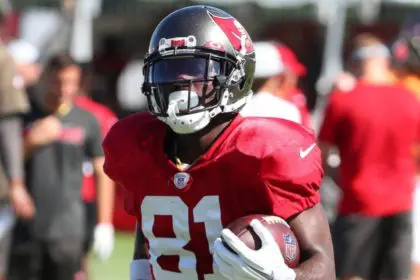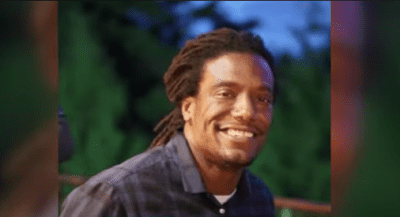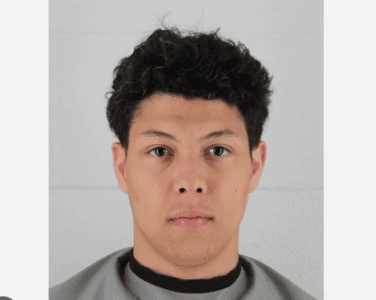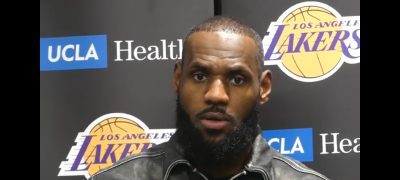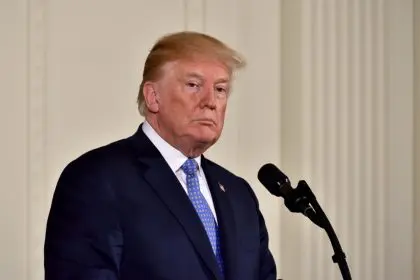
Marcellus Wiley spoke at “An Undefeated Conversation: Athletes, Responsibility, and Violence” on Aug. 25, 2016, at the South Side YMCA in Chicago. Four panels made up of community members, athletes, and journalists talked about gun violence solutions and how athletes can help.
His account of owning a gun he later disowned moved the crowd attending the panel discussion. In his second year in the NFL and fresh out of the Ivy League’s Columbia University, Wiley purchased a .380. He nicknamed it “wallet.” A friend had been carjacked weeks earlier in their hometown of Compton, California.
“Then I start thinking. I’m going across the country,” he said. “I don’t know anyone out there. I’m ’bout to come into a ton of money. I’m starting to think I’ma be [sic] a target.”
With memories of friends who had been shot, and even being shot himself at football practice, he took the gun everywhere. In 1998, Wiley was always armed, including every team meeting, practice, lounge, club or mixer he attended.
“Now I’m looking at things with a negative lens and the outcome could be violence,” he said. “Whereas, the outcome before could have been peacefully trying to find these resolutions. That gun invited me to that disaster, that drama.”
Wiley talked about the event that made him decide to get rid of the gun. A pedestrian simply walked over to ask directions as he was stopped at a red light. The stranger will probably never know his life was in danger as Wiley aimed the gun at him from his lap.
“I’m like, what does this dude want? Is it ’bout to go down right now?” Wiley passionately recalled. “I roll down the window and I said, ‘Wassup, man?’ “He said, ‘Can you help me? Where’s Holmes Street?’ ”
Wiley was emotionally distraught at the thought that he could have taken an innocent man’s life, and he got rid of the gun the next day. Twenty years later, he is an advocate for full-fledged eradication of guns.
“I ask people all the time: Have you ever shot a gun?” he said. “Have you ever seen the flame, the kick, the destruction it does to a person? Have you ever seen it hit flesh? When you go through those steps, I don’t see how anybody [of] sound mind would want to be a participant in that existence. I’ve seen so many people killed by it, people killed others by it. It has to stop.”
NFL players, like the rest of America, have a fascination with guns and arguably a false sense of the security they are expected to provide. Their choice about whether to follow Wiley’s lead could mean the difference between preparing to play on Sundays and having visiting hours at a hospital, or worse.

